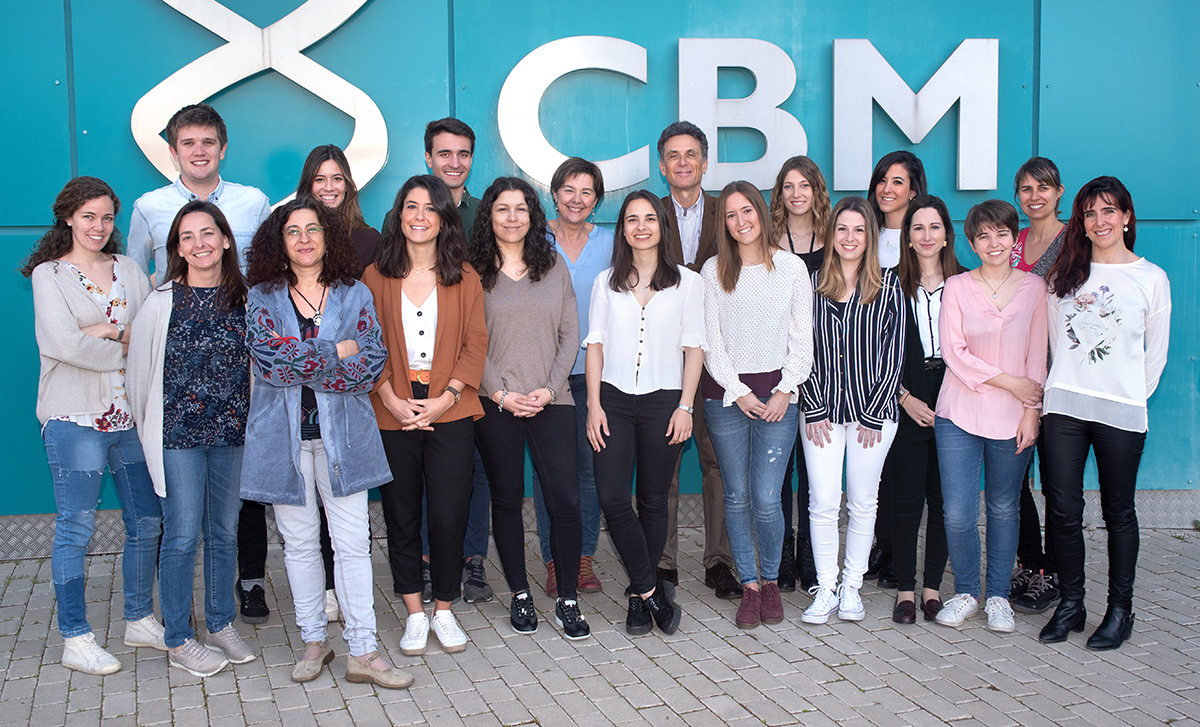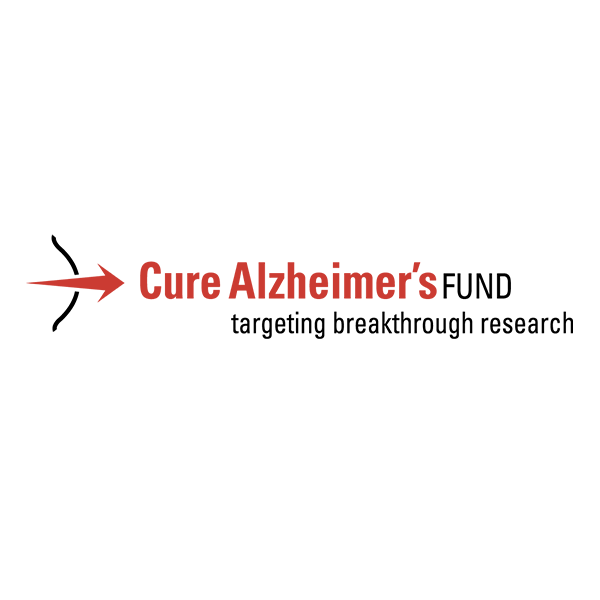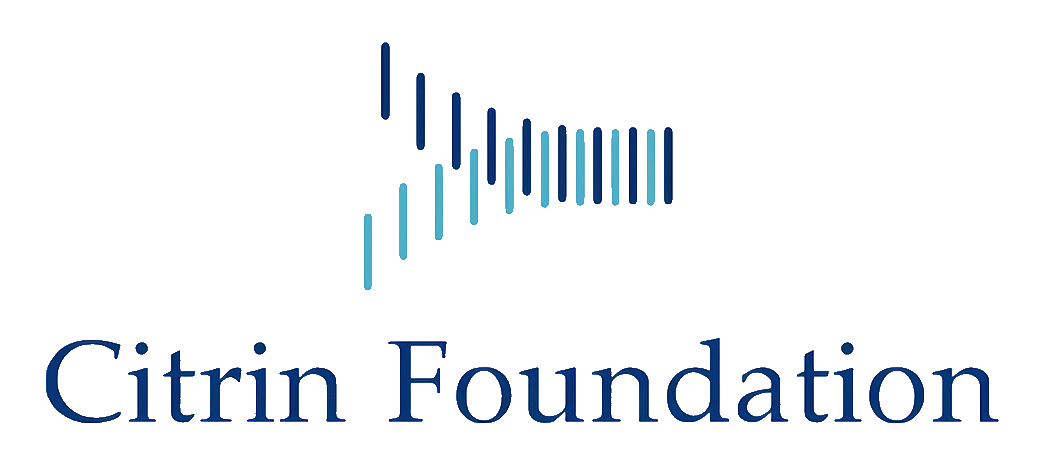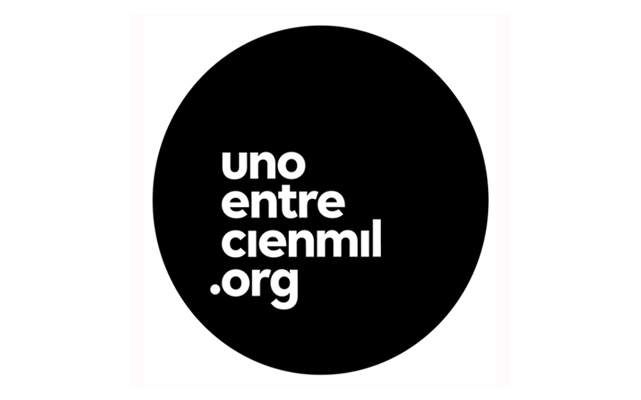Patho-physiological implications of G protein-coupled receptors signaling networks
Research summary:
The overall aim of our group is to better understand the physio-pathological implications of G protein-coupled receptors (GPCRs) signalling networks, with emphasis on the role of the very relevant G protein-coupled receptor kinase 2 (GRK2) hub in the onset or progression of specific diseases and the molecular mechanisms involved.
GRK2 levels are altered in humans in prevalent cardiovascular and metabolic pathologies and in certain tumors. Therefore, understanding the molecular basis of such changes in GRK2 expression and its functional impact on cellular processes is critical to assess the feasibility of GRK2 as a useful diagnostic biomarker and/or of new therapeutic strategies based on the modulation of the activity, levels or specific interactions of this protein.
In addition to its canonical role as GPCR regulator, GRK2 can directly interact with and/or phosphorylate non-GPCR components of transduction cascades. Our laboratory has pioneered the research on the complex “interactome” of GRK2, unveiled new mechanisms of regulation of GRK2 activity, expression and protein stability, uncovered new GRK2 substrates and interacting proteins, and first reported the participation of GRK2 in several relevant cellular processes and patho-physiological situations (angiogenesis, breast cancer, hypertension, cell cycle, cell migration, cardiac and whole-body insulin resistance). By using cellular and mouse models with altered GRK2 dosage (including tamoxifen-induced, tissue-specific deficient and/or mutant knock-in mice), we aim to gain insight on the stimuli and mechanisms triggering changes in GRK2 expression/functionality, on the impact of altering GRK2 in disease initiation and/or progression, and on the “phenotypic integration” of the cell type-specific canonical and non-canonical GRK2 functions in pathological conditions.

Figure 1.
The main lines of research of our group are the following:
- Exploring the role of GRK2 as an oncomodulator in specific tumor types (breast, colon, squamous cell carcinomas) and in different cell types of the tumor microenvironment (transformed cells, macrophages and endothelial cells). We are trying to understand how altered GRK2-governed networks, involving growth factor receptor signaling and their crosstalk with tumoral GPCRs (chemokine, adrenergic, estrogen, prostaglandins and nutrient receptors) present in the tumor microenvironment, and other signaling axis such as HDAC6/Pin1 or EMT factors, foster cancer hallmarks (proliferation, survival, invasion, cell acetylome and metabolic reprogramming, altered epidermal homeostasis).
- Investigate the role of GRK2 in insulin resistance-related pathologies and co-morbidities (diabetes, obesity, NAFLD, cardiovascular) via the integrated modulation of insulin cascades and of key GPCRs controlling metabolic homeostasis or nutrient sensing. We are also addressing the specific role of GRK2 dosage in myeloid cells in cardiac remodeling and systemic insulin resistance, as well as the involvement of GRK2 in sexual dimorphism in cardiac and metabolic contexts.
These research objectives involve active collaborations with other PIs of our CBMSO Unit, as well as via our participation in international and national networks (the EU-funded ITN Oncornet 2.0, H2020-MSCA Programme, CIBER Cardiovascular (CIBER-CV, ISCIII), the Inflamune Madrid Biomedicine network), as well as our adscription to the Instituto de Investigación Sanitaria La Princesa.

Figure 2.

| Last name | Name | Laboratory | Ext.* | Professional category | |
|---|---|---|---|---|---|
| Asensio López | Alejandro | 320 | 4640 | Titulado Sup.Inv.y Laboratorio | |
| Carretero Jiménez | Sergio | 320 | 4626 | Estudiante TFM | |
| Carriles Moar | Irene | 304 | 4656 | irene.carriles(at)cbm.csic.es | Titulado Sup.Inv.y Laboratorio |
| Delgado Arévalo | Cristina | 320 | 4652 | cdelgado(at)cbm.csic.es | Titulado Sup.de Actividades Técn. y Profes. GP1 |
| García Higuera | Irene | 320 | 4640 | irene.garcia(at)cbm.csic.es | Profesor Contratado Doctor Universidad, GA |
| Marcos Zapatero | Guillermo | 304 | 4656 | gmarcos(at)cbm.csic.es | Contrato Predoctoral |
| Marolda | Viviana | 320 | 4652 | vmarolda(at)cbm.csic.es | Titulado Sup.de Actividades Técn. y Profes. GP1 |
| Mayor Menéndez | Federico | 320 | 4626 | fmayor(at)cbm.csic.es | Catedrático Universidad, GA |
| Reglero Real | Natalia | 304 | 4498 | nreglero(at)cbm.csic.es | Investigador Doctor |
| Santos Clemente | Rocío | 320 | 4652 | rocio.santos(at)cbm.csic.es | Contrato Predoctoral |
| Ziegler | María | 304 | 4656 | Becario Erasmus |
Relevant publications:
- GRK2 levels in myeloid cells modulate adipose-liver crosstalk in high fat diet-induced obesity. Vila-Bedmar R, Cruces-Sande M, Arcones AC, Willemen HLDM, Prieto P, Moreno-Indias I, Díaz-Rodríguez D, Francisco S, Jaén RI, Gutiérrez-Repiso C, Heijnen CJ, Boscá L, Fresno M, Kavelaars A, Mayor F Jr*, Murga C. * (*, corresponding authors), Cell. Mol. Life Sci. (2020) doi:10.1007/s00018-019-03442-5
- G-protein-coupled receptor kinase 2 safeguards epithelial phenotype in head and neck squamous cell carcinomas. Palacios-García J, Sanz-Flores M, Asensio A, Alvarado R, Rojo-Berciano S, Stamatakis K, Paramio JM, Cano A, Nieto MÁ, García-Escudero R*, Mayor F Jr*, Ribas C. * (*, corresponding authors), Int J Cancer. (2019) Dec 18. doi: 10.1002/ijc.32838.
- Degradation of GRK2 and AKT is an early and detrimental event in myocardial ischemia/reperfusion.Penela P, Inserte J, Ramos P, Rodriguez-Sinovas A, Garcia-Dorado D, Mayor F Jr. , EBioMedicine 48:605-618 (2019)
- G protein-coupled receptor kinase 2 (GRK2) as a multifunctional signaling hub. Penela P, Ribas C, Sánchez-Madrid F, Mayor F Jr. Cell Mol Life Sci. 76(22):4423-4446 (2019)
- G protein-coupled receptor kinases (GRKs) in tumorigenesis and cancer progression: GPCR regulators and signaling hubs. Nogués L, Palacios-García J, Reglero C, Rivas V, Neves M, Ribas C, Penela P, Mayor F Jr. ,Semin Cancer Biol. 48:70-90 (2018)
- Mayor F Jr, Cruces-Sande M, Arcones AC, Vila-Bedmar R, Briones AM, Salaices M, Murga C. G protein coupled receptor kinase 2 (GRK2) as an integrative signalling node in the regulation of cardiovascular function and metabolic homeostasis. Cell Signal. 41:25-32 (2018)
- Nogués L, Reglero C, Rivas V, Salcedo A, Lafarga V, Neves M, Ramos P, Mendiola M, Berjón A, Stamatakis K, Zhou XZ, Lu KP, Hardisson D, Mayor F *, Penela P* (*, corresponding authors). G Protein-coupled Receptor Kinase 2 (GRK2) Promotes Breast Tumorigenesis Through a HDAC6-Pin1 Axis. EBioMedicine.13:132-145 (2016)
- Lucas E, Vila-Bedmar R, Arcones AC, Cruces-Sande M, Cachofeiro V, Mayor F Jr, Murga C. Obesity-induced cardiac lipid accumulation in adult mice is modulated by G protein-coupled receptor kinase 2 levels. Cardiovasc Diabetol;15(1):155 (2016).
- Vila-Bedmar R, Cruces-Sande M, Lucas E, Willemen HL, Heijnen CJ, Kavelaars A, Mayor F Jr*, Murga C* (*, corresponding authors). Reversal of diet-induced obesity and insulin resistance by inducible genetic ablation of GRK2. Science Signaling, 8(386):ra73 (2015).
- P. Penela, L. Nogués and F. Mayor jr. Role of G protein-coupled receptor kinases in cell migration. Current Opinion in Cell Biology 27, 10-17 (2014).
Patents:
- New phosphorylation site of mitogen-activated protein kinases, modified proteins and applications EP 1899461B1 /WO 2007/028430 Awarded 2010.
- p38 inhibitor peptides and applications. PCT/ES2011/070774.
- Protection of the effects of p38 inhibitory compounds. PCT/ES2012/070762.




















